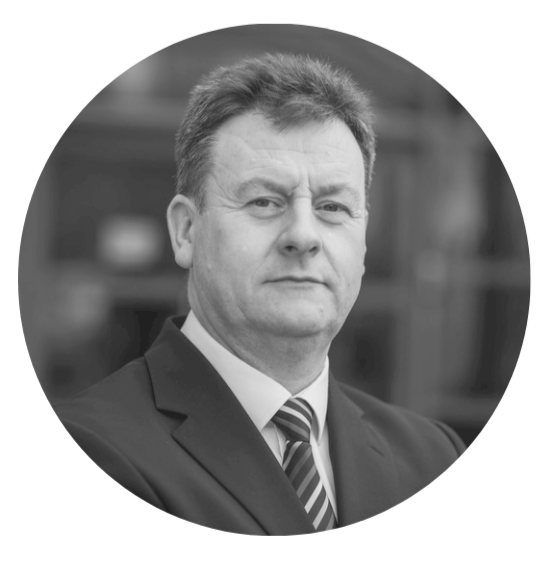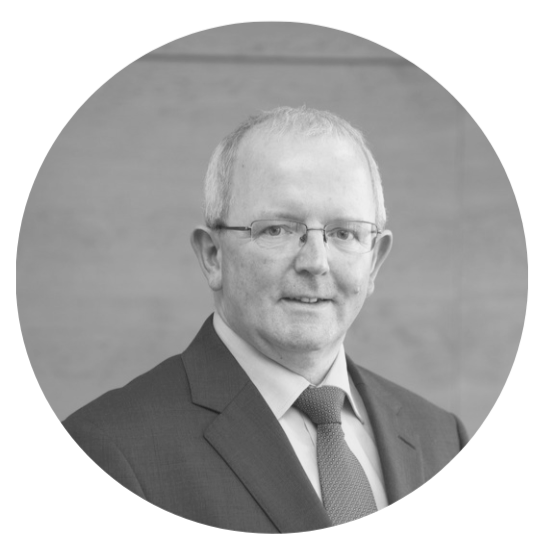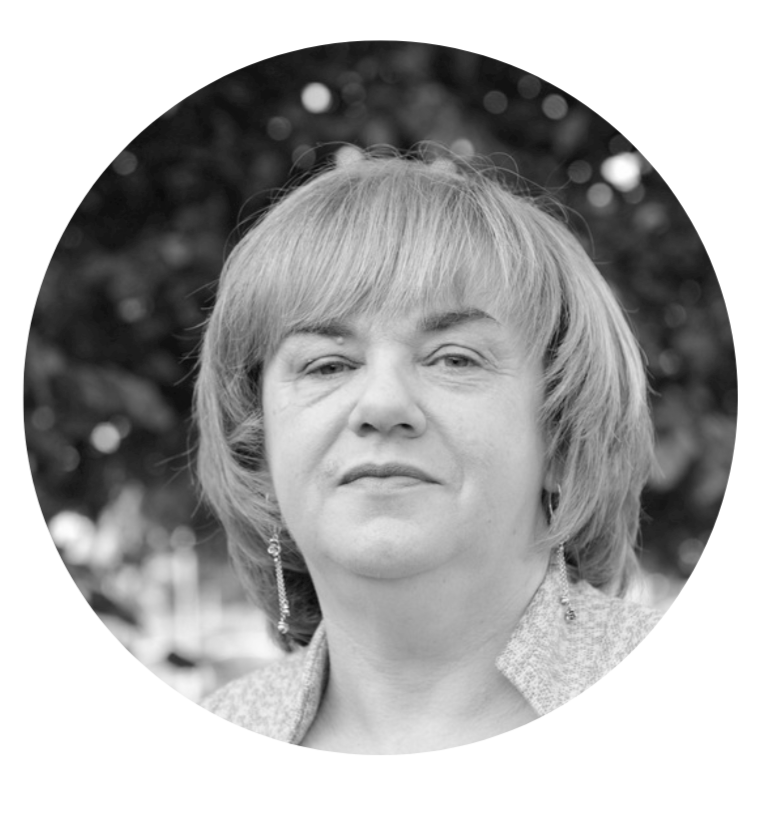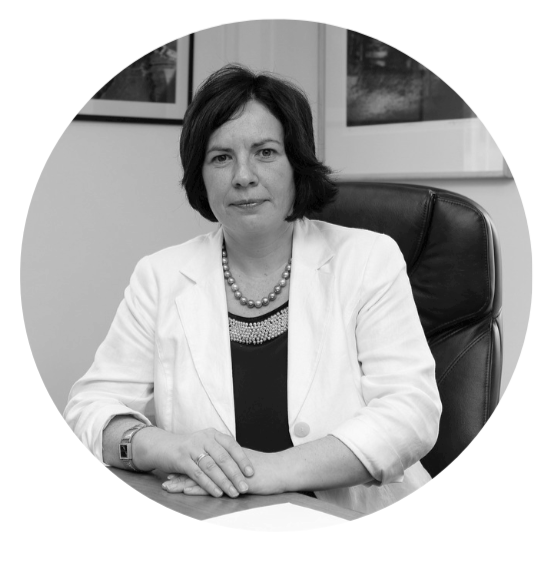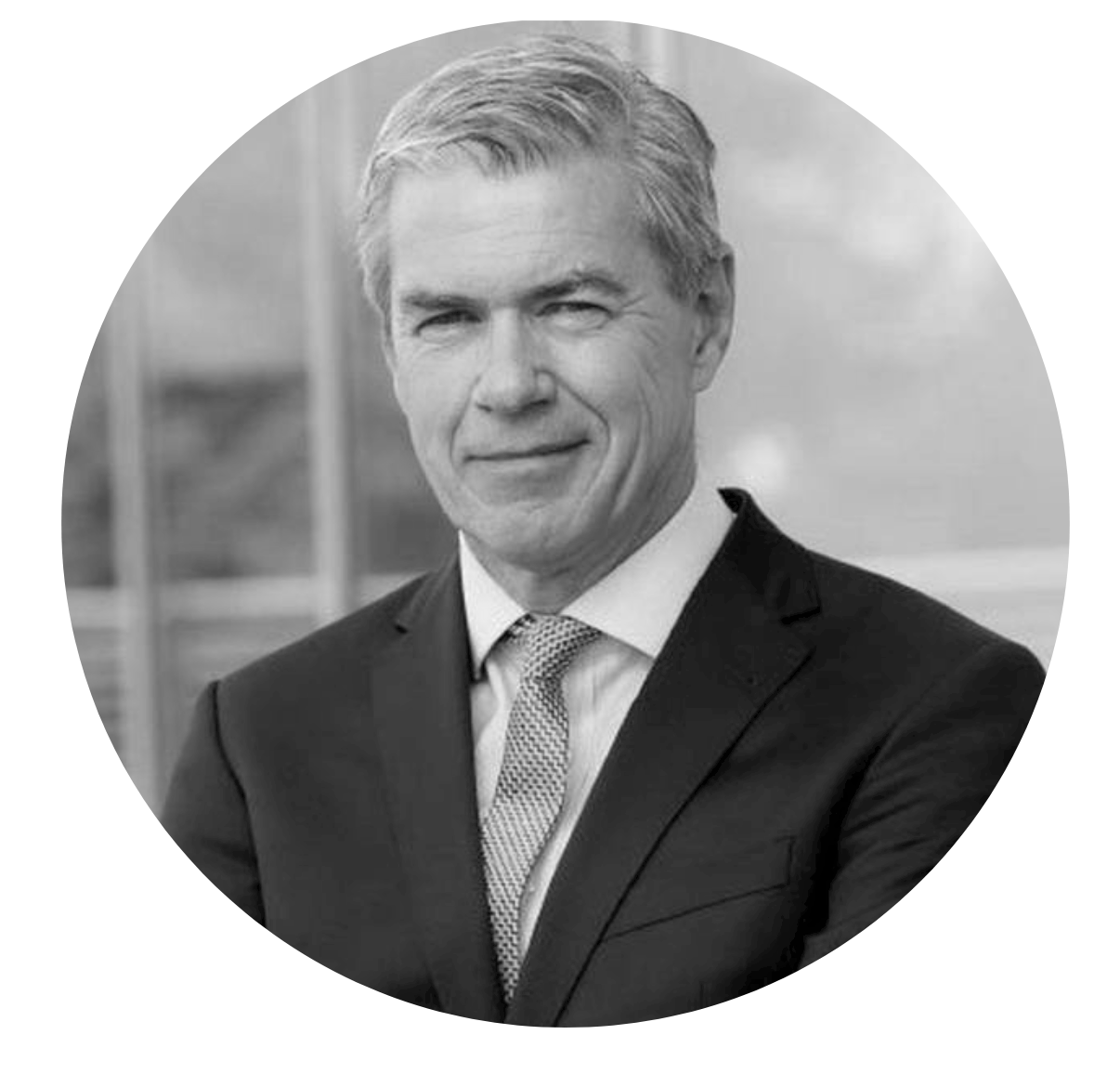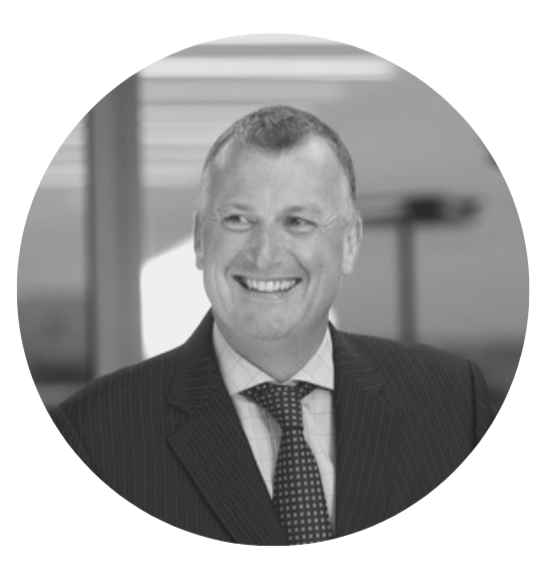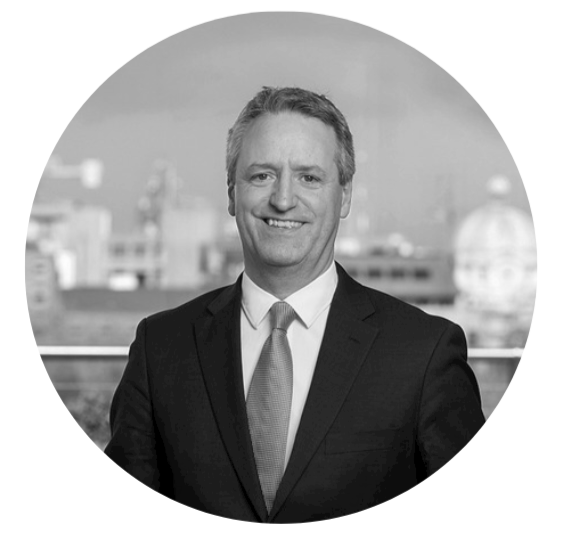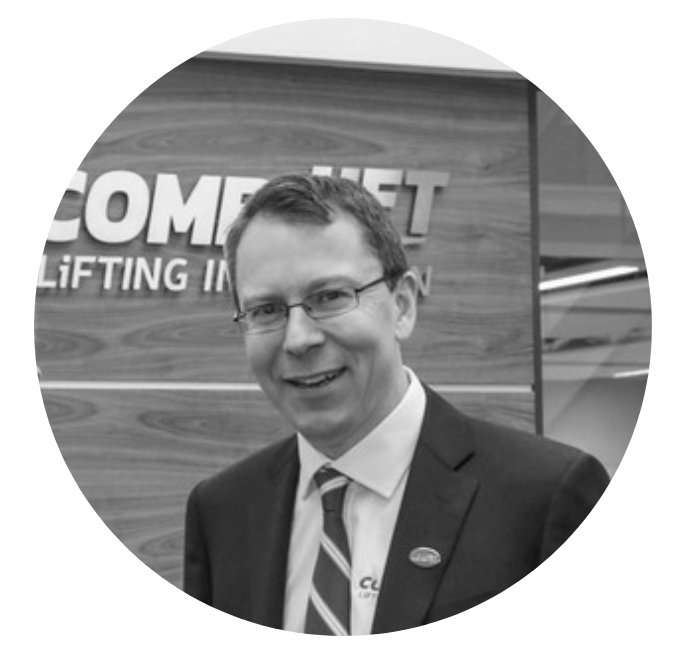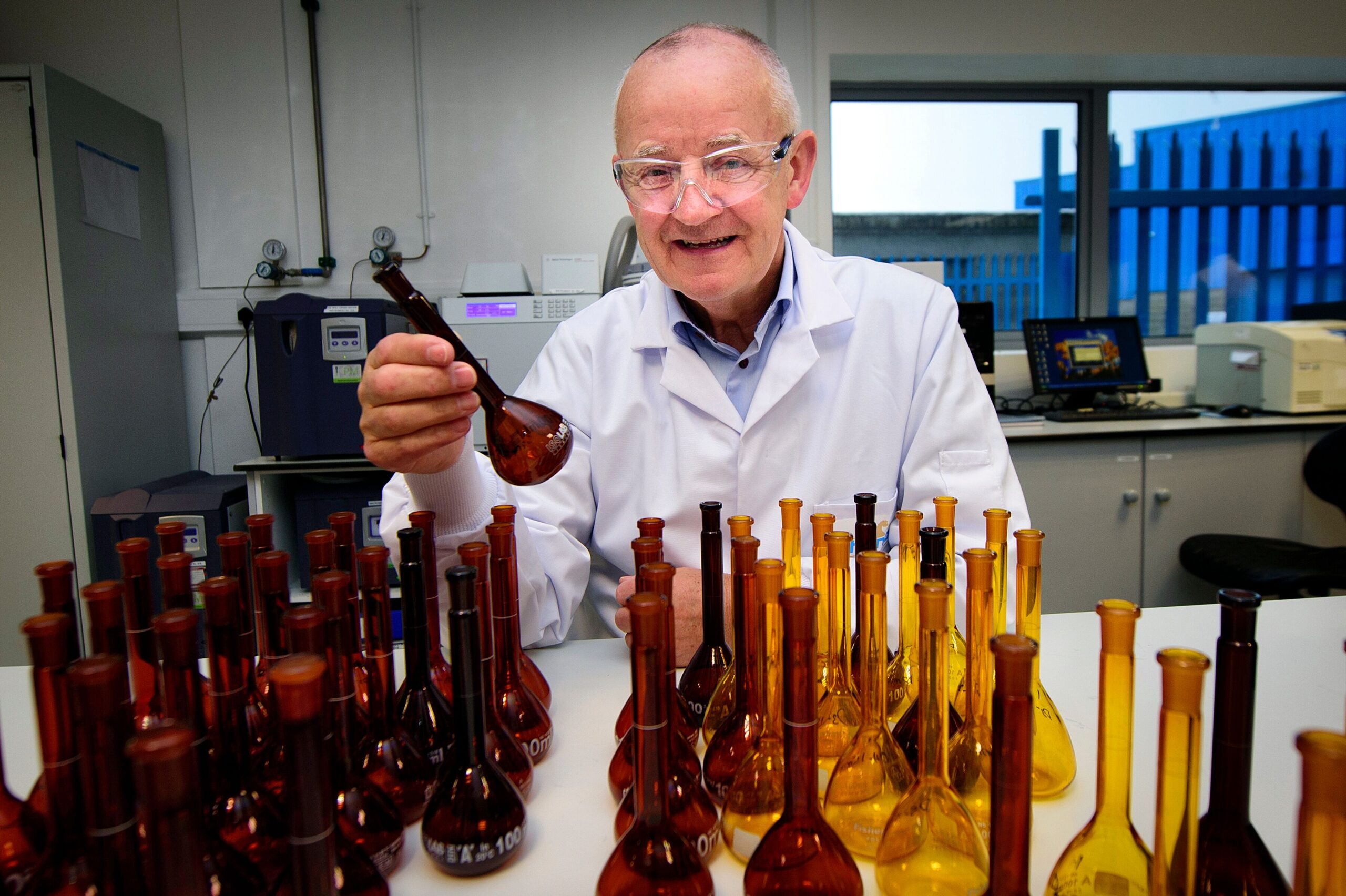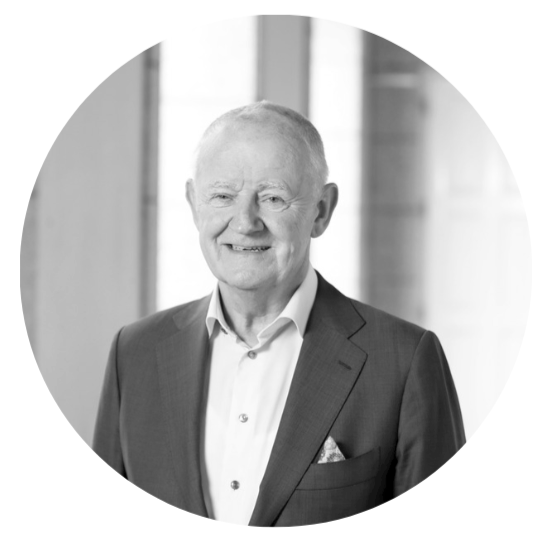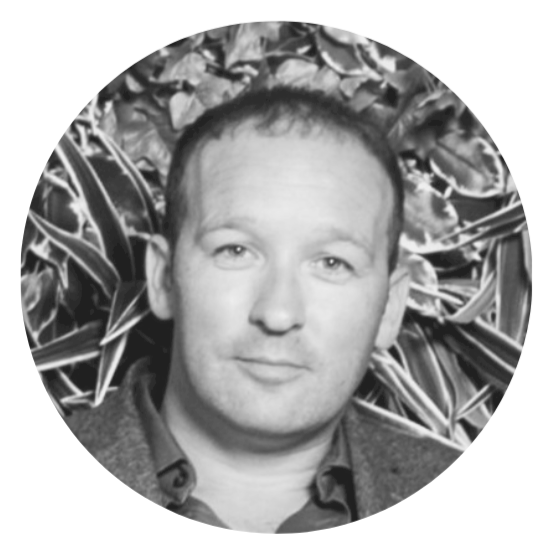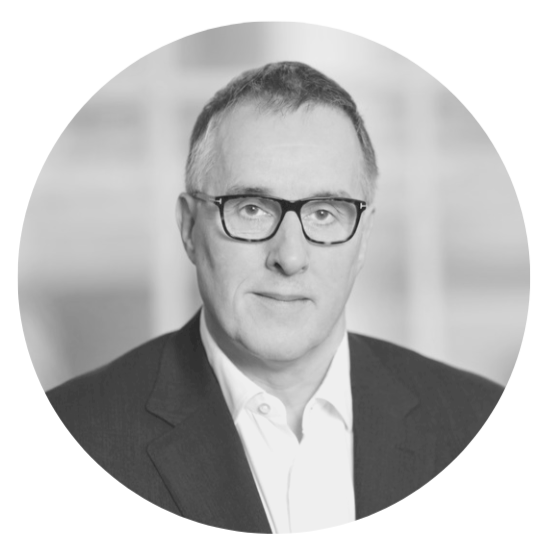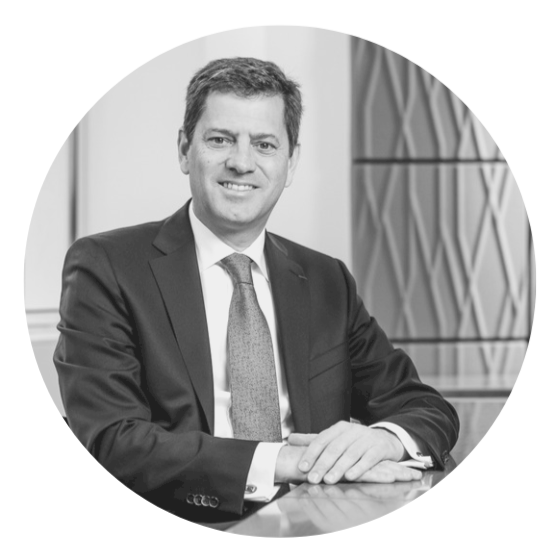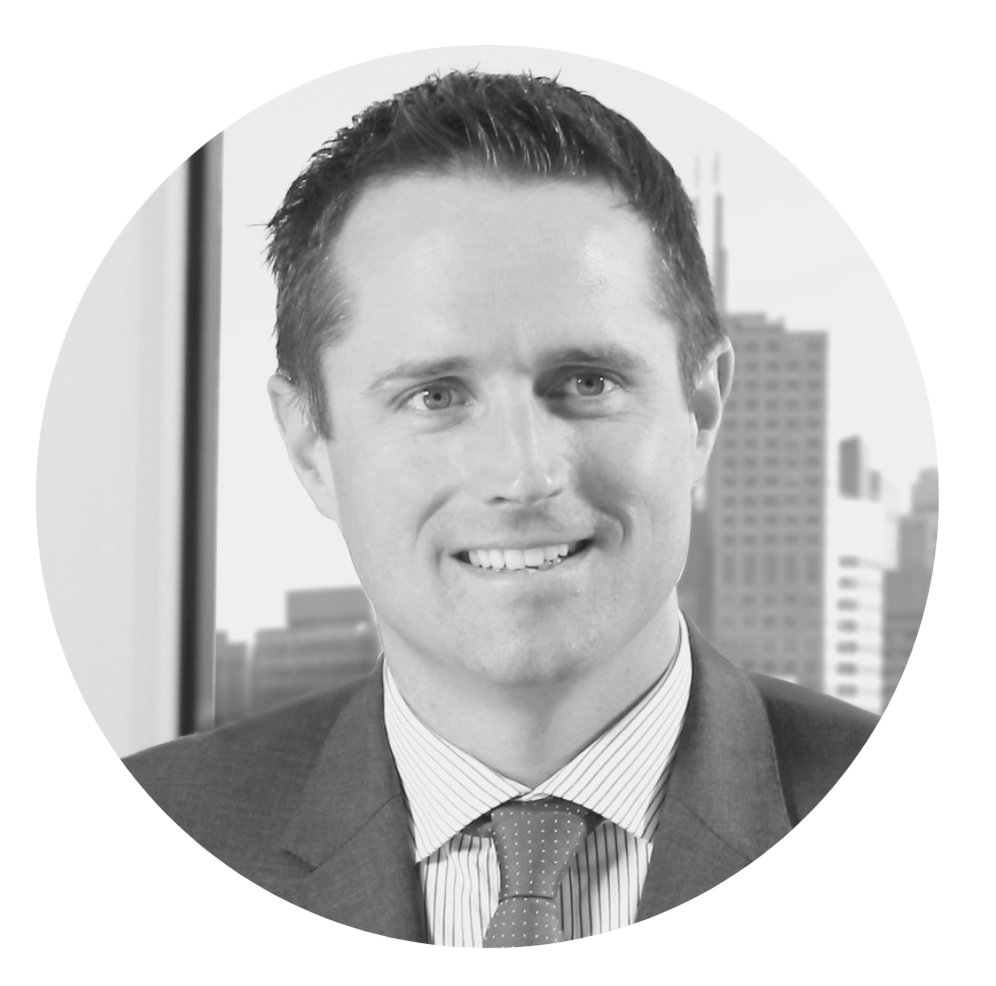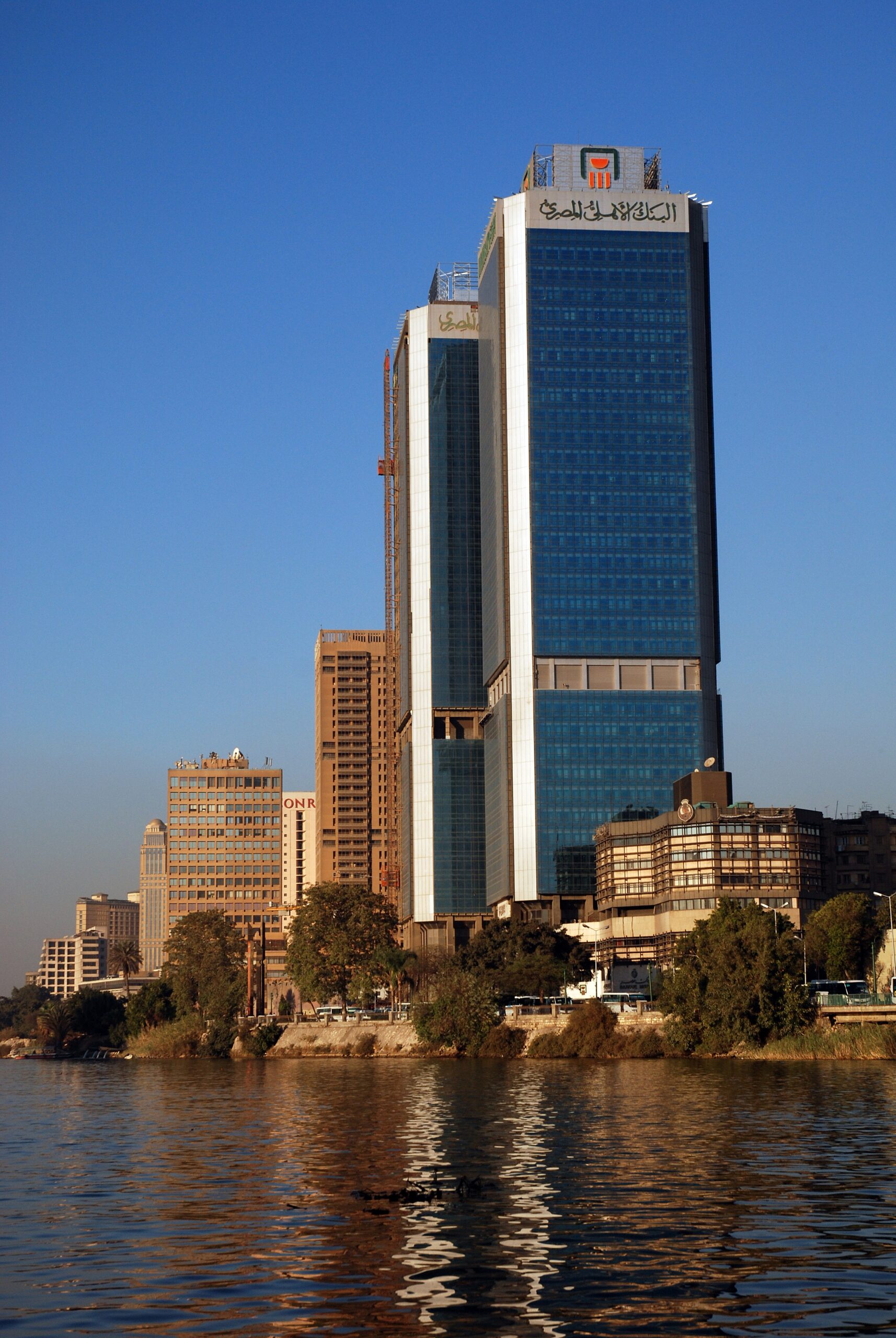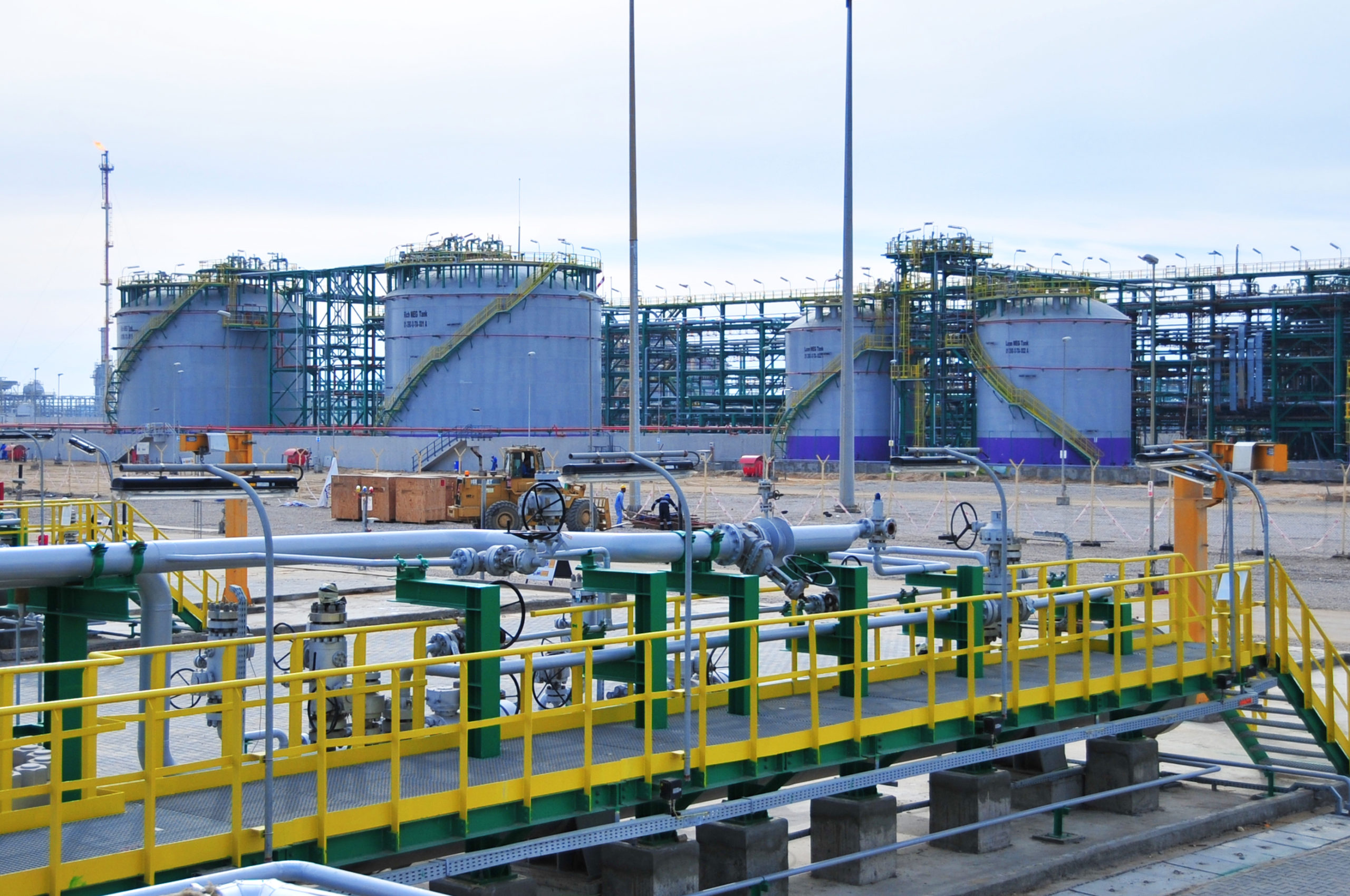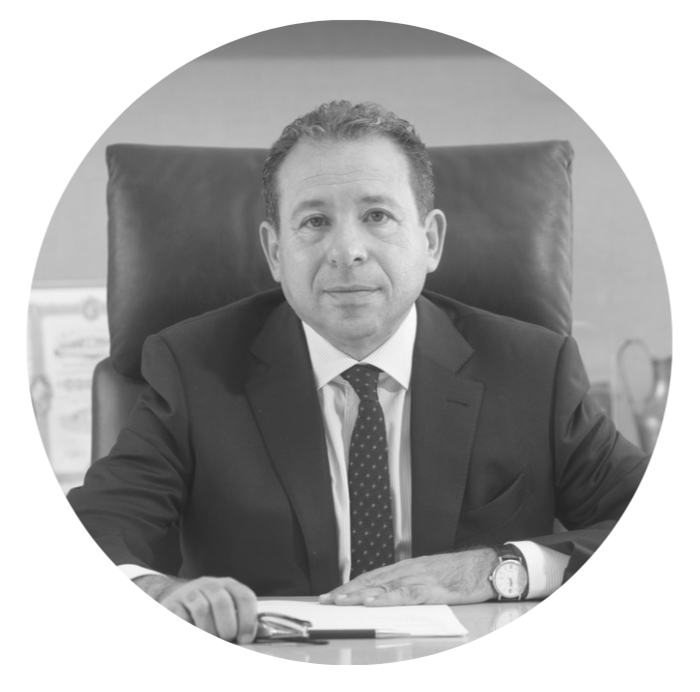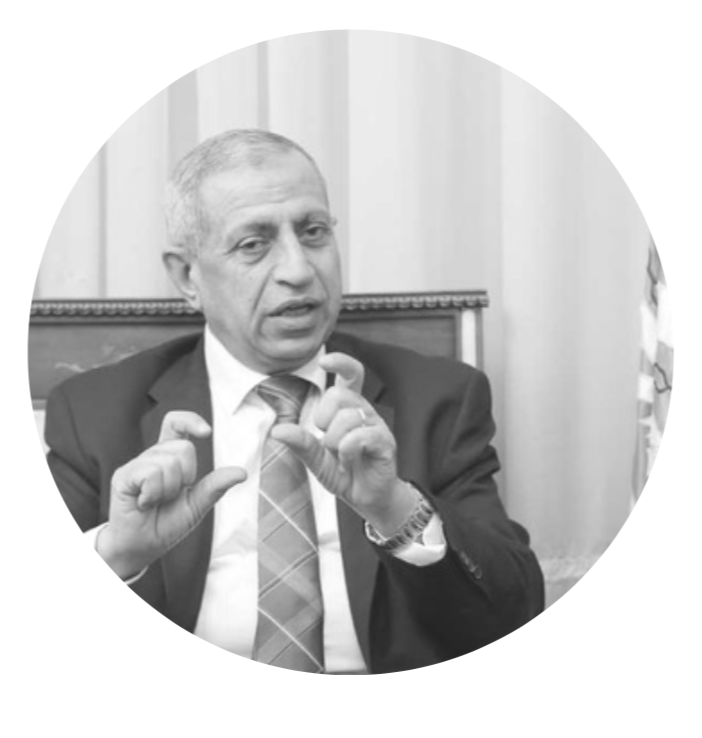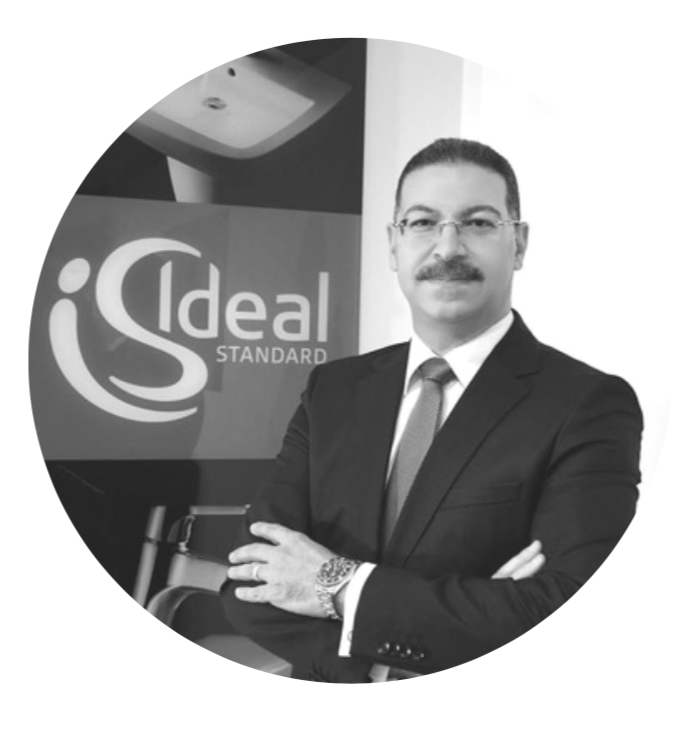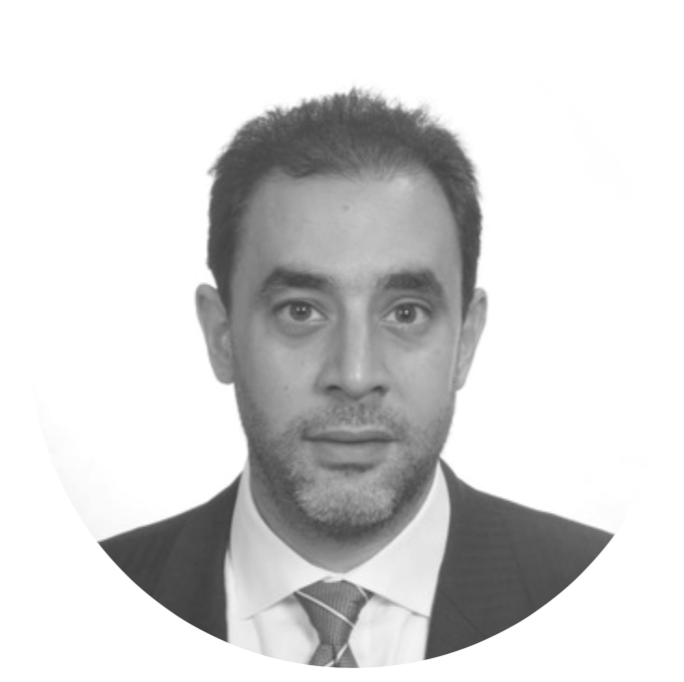 How do you see Serbia’s telecommunication sector in 2018 and what key challenges do you foresee moving forward?
How do you see Serbia’s telecommunication sector in 2018 and what key challenges do you foresee moving forward?
The global telecommunications sector is going through a revolution, and that revolution is digitalization. The fact being the competition landscape is changing. It is hitting every single operator around the world in some way or form.
We are lucky in Serbia, as we are offering a product to customers that simply want more and more. However, the willingness to pay for the additional usage, the capability to pay can be limited. In Serbia, the monthly average spending per customer actually stays quite stable even if you are doubling, tripling, or even offering ten times more data, and that I think is a challenge for us because we are very investment-heavy industry. There is no rest for the wicked, it is crucial to improve and develop our services, roll out a network, improve the network, every day, every month; it is never done. There is no correlation between increasing usage and what you can earn, but there needs to be some correlation between usage and investments to have a sustainable set up for a long time.
The second part is that now the competitive landscape is changing. We currently do not compete exclusively locally, that is an area we can thrive in. We now compete with global players based out of Silicon Valley, or another similar global tech hub. They are not regulated, they are not paying tax, they are not employing locally, but they are definitely coming with services that their customers enjoy. We need to be able to meet that competition. Being locally regulated while fighting with global players is a challenge for us.
Serbia nonetheless has countless growth opportunities. We have a long way to go when it comes to data usage. I feel privileged that half of the mobile data in Serbia goes through the Telenor network. Even though Serbian’s are large consumers of data, there are portions of the
population that remain untapped. Also, there is potential to growth the business segment specifically. We have not seen the full data tsunami yet when it comes to the heavy use of video-based services.
What does innovation mean to you?
Typically, when you talk about innovation you have a tendency to talk about either service or utilization of network. These are areas that we are always working on and I would say on the network side innovation is very much about how can we bring down the cost per megabyte. That is currently happening and we are focusing our resources on ensuring its development. The other side is how do we digitize the interactions and the relationships with the customers? Telenor Group, is a frontrunner when it comes to working with this digitalization.
How is Serbia’s legislation evolving compared to other nations?
EU accession path is supporting the development of Serbia. Specially the forming legislation and regulation which is helping businesses and the private sector to utilize the technology that we have. Europe is getting tough on privacy. The EU will soon implement the General Data Protection Regulation, which will likely be in force in May 2018. I am seeing that legislation in Serbia is being updated, and already being aligned with the EU framework so I expect a similar regulation in Serbia probably before the end of 2018. This is simply one additional example of how Serbia’s legal framework is mirroring the EU in an attempt to facilitate future accession. The government is actually listening. As an investors we have a voice, we can come with constructive input, we can work through industry associations. Dialogue between the governmental side and the investor side is important. This dialogue is active in Serbia and it preempts potential problems.

